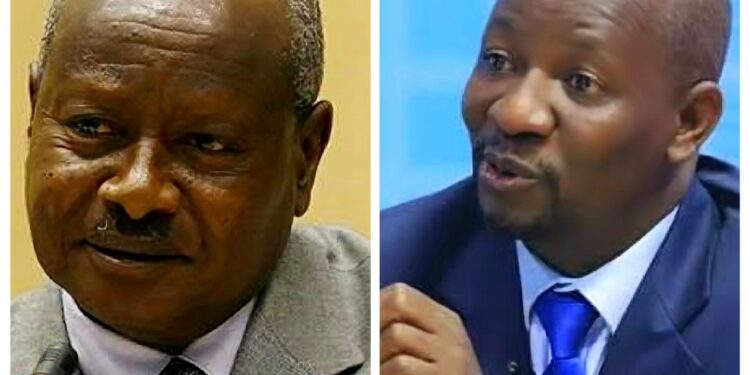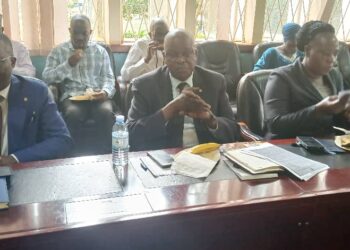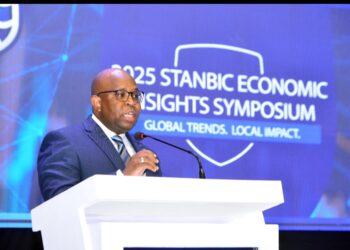The Kira Municipality lawmaker Ibrahim Ssemujju Nganda has shed light on a significant disagreement between President Yoweri Museveni and the former president the late Idi Amin, attributing it to religious differences.
Ssemujju’s revelation which he made while on CBS radio station yesterday unveiled a previously unexplored aspect of the nation’s history and its leaders’ perspectives on religion.
Gen. Idi Amin Dada ruled Uganda from 1971 to 1979 and remains a polarizing figure in Uganda’s history. While his regime was marked by a complex mix of authoritarianism, human rights abuses, and economic turmoil, Ssemujju Nganda’s recent revelation introduces a fresh perspective on the reasons behind President Museveni’s disapproval of Amin’s legacy.
According to Nganda, one of the primary factors contributing to this disapproval is Amin’s Islamic faith, which has remained a significant point of contention between the two leaders.
“The most pressing challenge confronting Uganda today is the transformation of the government into a profit-driven enterprise. When we compare the relatively shorter tenures of leaders like Idi Amin with the extended rule of Gen Museveni, we can at least discern some accomplishments in the former era. This underscores the importance of preserving our history to ensure that future leaders avoid repeating the same atrocities. However, it’s worth noting that Gen Museveni holds a strong aversion to Idi Amin and one of the contributing factors is their religious differences, as Museveni’s disdain for Amin, who was a Muslim, is evident. It is evident that among the groups he harbours strong feelings against, Muslims rank high, closely followed by the Baganda,” he emphasized.
Nganda further emphasized that Gen. Museveni’s intense aversion towards Idi Amin has obscured his vision, causing him to overlook his essential role as a leader. He stressed the importance of a leader in a civilized nation to recognize that preserving its history, irrespective of its impact on the country’s citizens, is a fundamental responsibility.
“In England, there’s a figure named Cromwell who abolished Parliament, yet his statue proudly graces the vicinity of that very institution, and an entire road bears his name. It’s crucial that we remember our history; today, we could have a comprehensive museum dedicated to Idi Amin’s era, just as Rwanda, under Kagame’s leadership, established a museum that encompasses both the negative and positive aspects of their history, ensuring that all contributors are acknowledged. It remains a perplexing question why President Museveni is so determined to push for the closure of the Idi Amin chapter in the collective memory of Ugandans. This level of aversion goes beyond the usual norms,” he said.
Religious diversity in Uganda has always played a vital role in the country’s socio-political landscape, with a substantial Muslim population coexisting alongside Christians and practitioners of various indigenous belief systems.
The revelation of Museveni’s disagreement with Amin’s legacy due to religious differences raises questions about the extent to which religious factors have influenced the nation’s political dynamics throughout its history.
The catalyst for widespread conversations in Uganda about commemorating Amin’s era emerged when Kaps Fungaroo, the former Obongi West MP, applied for a license to establish an institute in honour of former President Idi Amin Dada. Nevertheless, when Gen. Museveni caught wind of this request, he vehemently opposed it, contending that Amin’s government lacked legitimacy and Amin himself held an unconstitutional leadership role.
“We do not have to talk about Amin destroying the Ugandan economy by his ignorant expulsion of our Indian entrepreneurs who went away to enrich Canada and the United Kingdom. Therefore, it is not acceptable to license an institute to promote or study the work of Amin. It is enough that the forgiving Ugandans forgave the surviving colleagues of Idi Amin. Let that history be forgotten,” he said.
Do you have a story in your community or an opinion to share with us: Email us at editorial@watchdoguganda.com














